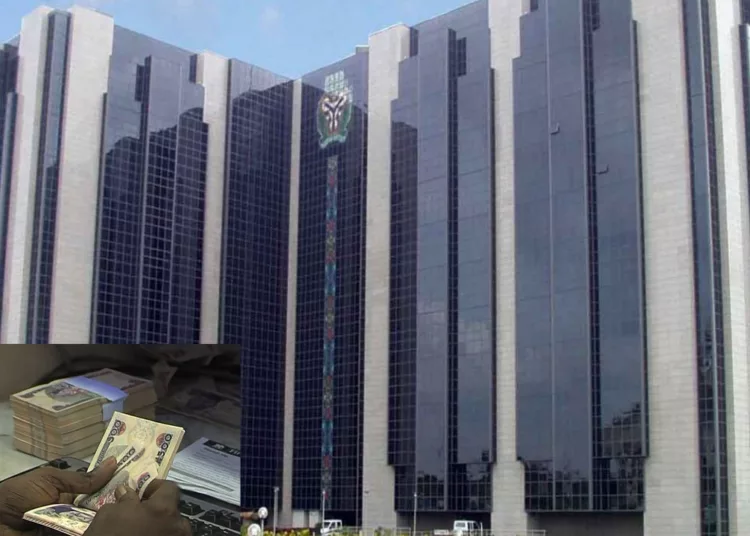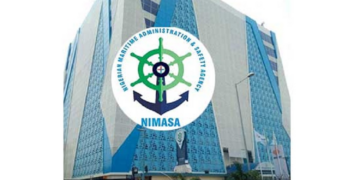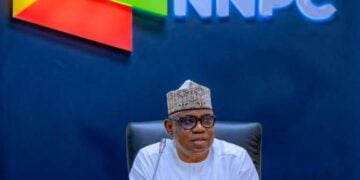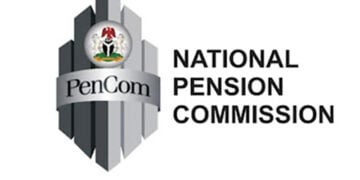Experts in economic management have expressed divergent views on the impacts of the increased Monetary Policy Rate (MPR) on nano, small, and medium-scale enterprises, ultimately the nation’s economy.
The experts aired their views in separate interviews with the News Agency of Nigeria (NAN) in Ibadan on Monday.
They agreed that since medium-scale enterprises relied on loans to run their businesses, especially from microfinance banks, they would be the most affected.
Unanimously, they observed that due to the difficult economic situation in the country, the Return on Investment (ROI) has greatly reduced, making it impossible for many entrepreneurs to break even.
The Central Bank of Nigeria (CBN) increased the MPR from 22.75 to 24.75 per cent on March 26.
Prince John Karunwi, Chairman of the National Association of Small and Medium Enterprises (NASME), Oyo State chapter, says lending rates, which are determined by the MPR, will be affected.
“There is the tendency for interest rates to go above 30 per cent, and for business owners, the environment is not too conducive, thereby making life difficult for entrepreneurs.
“So, you will discover that for most businesses, their ROI is around 25 to 30 per cent, due to the economic situation.
“When you now have an interest rate of 30 per cent, it will be difficult for business owners to meet up and pay back the loan with an interest rate close to ROI and still survive. That is where the problem is,” Karunwi said.
Meanwhile, an economist, Samson Olalere, said the government has taken steps to improve foreign direct earnings.
According to him, only local manufacturers will complain regarding the interest rates because they import finished goods instead of producing goods in the country.
“What they do, even to the detriment of our economy, is that even when they get the loans at a lower rate, they prefer to import rather than produce.
“For them, they will look at the new policy (MPR) and see it as being detrimental, whereas the fact is that they don’t produce, but import finished goods, which is not good for our economy,” Olalere said.
He noted that the new MPR was an aggressive monetary policy to help the country get out of the difficult situation it has been in.
“The new MPR has its advantages, which is that it will attract foreign portfolio investments into the country, and this is what we need – to make the Nigerian economy attractive to foreign investments.
“When these ones come in because of the new policy, they will establish industries and production will be enhanced and that is the kind of thing we need now,” he said.
According to him, when the policy attracts foreign investments, the needed liquidity in terms of forex will come in and stabilise the nation’s economy.
The economist noted the improvement of the Naira to Dollar exchange rate due to the new MPR policy, saying that available liquidity would enhance production.
In his opinion, a financial expert, Sola Famakinwa, said the increased MPR would only increase the burden on entrepreneurs.
According to him, it will increase the cost of credit and cost of production, which will make the sales margin drop.
“This will reduce the profit margin and have an overall negative effect on the economy of the nation.
“Although CBN wants to use the measure to fight inflation, entrepreneurs will suffer also,” Famakinwa said.











